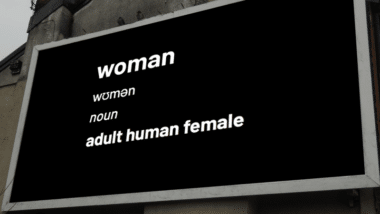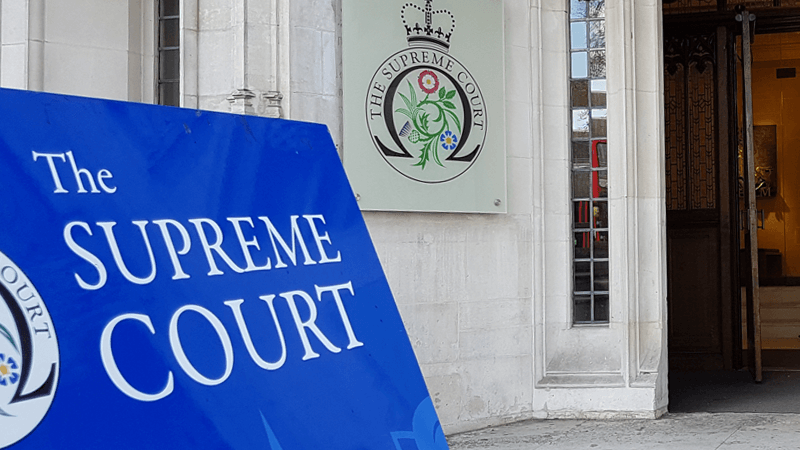Scottish Ministers face legal action for refusing to act on the Supreme Court ruling that the definition of a woman in the Equality Act is determined by biology not ideology.
Gender-critical campaign group For Women Scotland warned that Government policies in schools and prisons, where gender-confused boys and men still have access to facilities designated for female use, are putting women and girls at risk.
In April, the UK’s highest court ruled in favour of For Women Scotland’s appeal against Scottish Government guidance that allows men who identify as women to take women-only positions on company boards. Judges said that the terms ‘woman’, ‘man’ and ‘sex’ in the Equality Act 2010 (EA 2010) refer to biological sex.
Unlawful policies
For Women Scotland said that despite its warnings, “Nothing has persuaded the government to take action and both policies remain stubbornly in place, to the detriment of vulnerable women and girls”.
The campaign group gave Scottish Ministers 21 days to act, adding: “If the policies have not been withdrawn by then we will lodge the summons for calling, and the government will have to defend its policies in court.”
It continued: “We are asking the court to issue a declarator that the school guidance and the prison guidance are unlawful and that they be reduced in whole. We are also asking that both policies are suspended in the meantime.”
Director of For Women Scotland, Trina Budge, criticised the Scottish Government’s “resistance and denial” of the Supreme Court ruling, saying: “Male murderers are still locked up in women’s prisons and children have returned to school after the summer holidays into a quagmire of confusion, with many councils still following government instructions to let some teenage boys change with the girls”.
EHRC guidance
Interim guidance on the practical implications of the Supreme Court ruling on biological sex was released by the Equality and Human Rights Commission (EHRC) following the judgment.
However, First Minister John Swinney advised public bodies to wait for the “legal certainty” of the full guidance which would be “subject to consultation and ministerial approval”.
EHRC Chair Baroness Falkner said: “The Houses of Parliament are waiting for our guidance: our guidance is now there”.
She explained that the only changes that would be made to the final guidance would be in relation to practical examples used in the document, not the legal interpretation of the Supreme Court ruling: “The law is done and dusted, the law is not going to change.”

Landmark ruling: Supreme Court upholds ordinary definition of ‘woman’
EHRC interim guidance: ‘Toilets are restricted to biological sex, not self-ID’
Parliament drags feet on implementing EHRC guidance for its single-sex spaces

